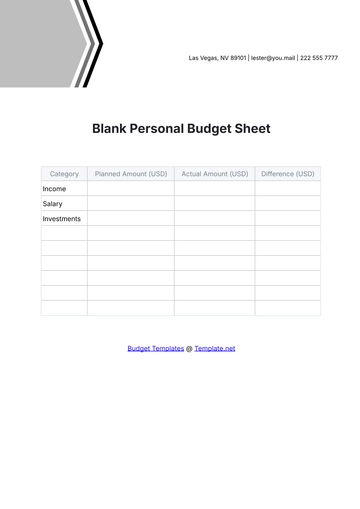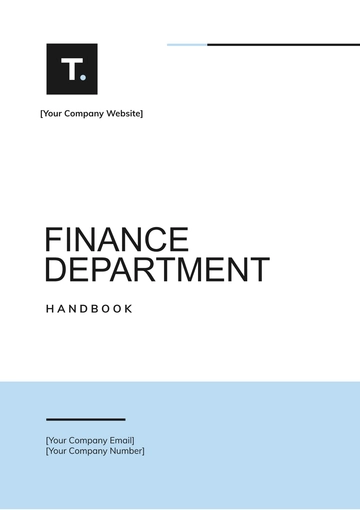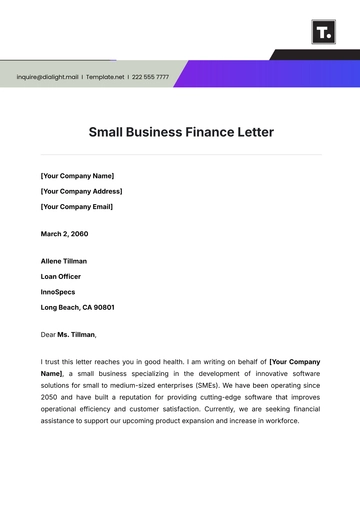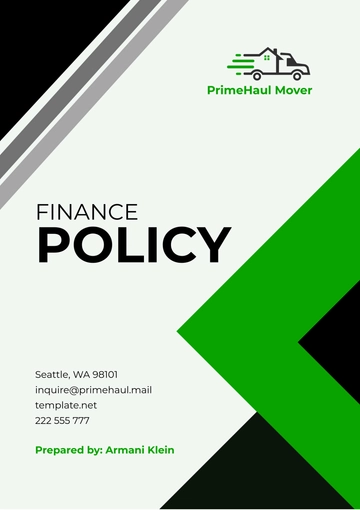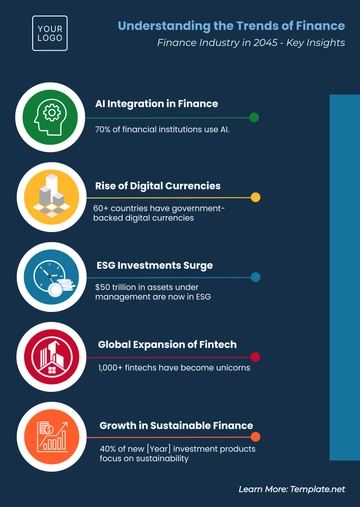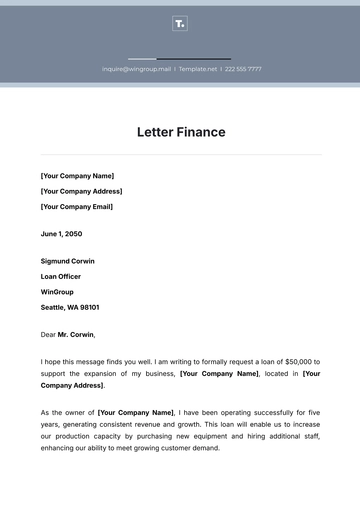Free Food Delivery Financial Management
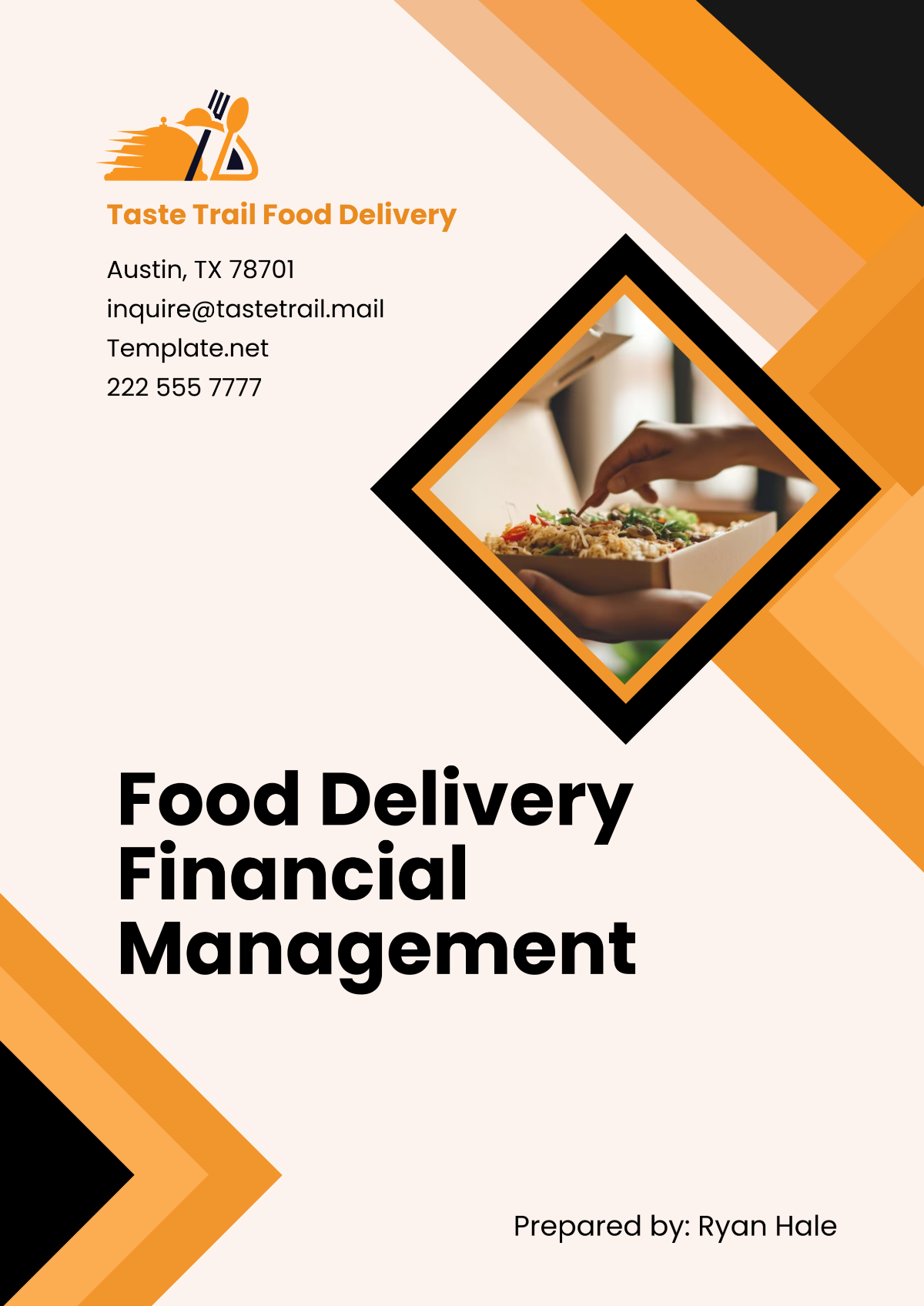
I. Introduction
In today’s rapidly evolving digital era, food delivery services have become a cornerstone of convenience for consumers worldwide. The integration of technology and the changing lifestyles of individuals have fueled the growth of this sector, making it essential for businesses to adapt quickly to consumer demands and market trends. As the industry expands, effective financial management has become imperative for sustaining operations and enabling growth. This entails not only tracking revenue and expenses but also strategically planning for future investments, understanding market dynamics, and navigating the complexities of regulatory requirements.
For [Your Company Name], managing finances effectively involves a comprehensive approach that includes budgeting, forecasting, and monitoring key performance indicators (KPIs). Businesses in the food delivery sector must consider various financial aspects such as delivery costs, marketing expenses, and technology investments. Additionally, compliance with tax laws and regulations, alongside an understanding of payment processing fees, is crucial to maintaining profitability. By implementing robust financial strategies, [Your Company Name] can ensure long-term sustainability and success in the competitive food delivery landscape, ultimately meeting customer expectations while driving growth and profitability.
II. Key Financial Management Strategies
A. Budgeting and Forecasting
Mastering budgeting and forecasting is essential for controlling costs and maximizing profitability in food delivery. Establishing a comprehensive budget allows businesses to allocate resources effectively, while accurate forecasting aids in anticipating demand fluctuations and scaling operations accordingly.
B. Cost Control and Optimization
Optimizing operational costs is pivotal in the highly competitive food delivery market. Implementing strategies such as cost-efficient logistics, strategic vendor partnerships, and technology automation can significantly reduce costs, thereby enhancing profit margins.
C. Revenue Stream Diversification
Diversification of revenue streams is critical for financial sustainability. By exploring additional avenues such as subscription models, premium delivery services, and partnerships with local restaurants, businesses can mitigate risks associated with single revenue sources.
III. Technology Integration
Integrating advanced technologies plays a crucial role in streamlining financial operations within the food delivery industry. By leveraging innovative solutions, businesses can enhance their financial management processes, ensuring accuracy, efficiency, and strategic insight. This section outlines key areas of technology integration that can significantly impact financial operations:
A. Real-Time Analytics
Real-time analytics platforms enable food delivery companies to track and analyze financial data instantaneously. By monitoring key performance indicators (KPIs) such as delivery times, customer acquisition costs, and sales trends, businesses can make data-driven decisions promptly. This level of insight allows companies to identify profitable delivery routes, optimize labor costs, and enhance customer satisfaction by adapting to demand fluctuations in real time.
B. Automated Invoicing
Automated invoicing solutions streamline the billing process, reducing manual errors and administrative overhead. By automating invoice generation and payment tracking, food delivery services can ensure timely payments from customers and suppliers. This not only improves cash flow but also enhances the overall customer experience by providing clear and prompt billing information. Integration with accounting software further simplifies financial reporting and reconciliation processes.
C. AI-Driven Demand Forecasting
AI-driven demand forecasting tools utilize machine learning algorithms to analyze historical data and predict future demand patterns. These insights allow food delivery companies to optimize inventory management, staffing levels, and marketing strategies. By accurately forecasting demand, businesses can reduce waste, improve service levels, and maximize profitability, positioning themselves to better meet customer needs.
D. Mobile Payment Solutions
Mobile payment solutions are increasingly vital in the food delivery industry, offering customers a seamless and convenient payment experience. Integrating multiple payment options, including digital wallets and contactless payments, not only enhances customer satisfaction but also reduces transaction times. Additionally, businesses can gain valuable data on customer purchasing habits, allowing for targeted marketing strategies and personalized offers.
E. Cloud-Based Financial Management Systems
Cloud-based financial management systems provide food delivery companies with a centralized platform for managing all financial activities. These systems offer scalability, security, and accessibility, enabling teams to collaborate efficiently, regardless of location. With features like budgeting, forecasting, and financial reporting, cloud-based solutions empower businesses to maintain a clear overview of their financial health and make informed decisions for future growth.
IV. Testimonials
Testimonials from industry leaders provide valuable insights into the impact of effective financial management in the food delivery sector. These real-world examples illustrate how structured financial practices can enhance operational efficiency and drive profitability. The following testimonials from key professionals highlight the transformative effects of strategic financial planning and optimization on their respective businesses, showcasing the tangible benefits that can be achieved through diligent financial oversight.
"Implementing structured financial management practices transformed our delivery operations, resulting in a 30% increase in profits over the last fiscal year." – Adriel Suan, CFO of UrbanEats |
"Through strategic planning and cost optimization, we managed to lower our operational expenses by 15%, significantly boosting our bottom line." – Maia Smith, Financial Director at QuickBite |
V. Conclusion
Effective financial management is pivotal in navigating the complexities of the food delivery sector. As competition intensifies and consumer preferences shift, businesses like [Your Company Name] must prioritize sound budgeting practices and strategic financial planning. By establishing a detailed budget that accounts for all operational expenses—ranging from labor costs to marketing investments—companies can gain clearer visibility into their financial health. Moreover, optimizing costs through careful resource allocation and supplier negotiation can significantly enhance profit margins.
Diversifying revenue streams is another essential strategy for ensuring long-term success. By exploring additional services, such as meal kits or subscription plans, [Your Company Name] can create new avenues for revenue generation while meeting evolving consumer demands. Furthermore, integrating advanced technologies can streamline operations, providing valuable insights and improving overall efficiency. In summary, embracing a comprehensive approach to financial management will empower [Your Company Name] to achieve sustained profitability and growth, solidifying its position as a leader in the competitive food delivery market. Through diligent financial oversight and a commitment to innovation, [Your Company Name] can effectively respond to challenges and seize opportunities for success in this dynamic industry.
- 100% Customizable, free editor
- Access 1 Million+ Templates, photo’s & graphics
- Download or share as a template
- Click and replace photos, graphics, text, backgrounds
- Resize, crop, AI write & more
- Access advanced editor
Optimize your financial tracking with the Food Delivery Financial Management Template from Template.net. This editable and customizable document helps you manage your food delivery business’s income, expenses, and financial performance. Fully editable in our Ai Editor Tool, it allows you to tailor the template to fit your specific financial goals and operational requirements, ensuring accurate and organized financial management for your business.
